Alright – so today we’ve got the honor of introducing you to John Faye. We think you’ll enjoy our conversation, we’ve shared it below.
John, appreciate you joining us today. Learning the craft is often a unique journey from every creative – we’d love to hear about your journey and if knowing what you know now, you would have done anything differently to speed up the learning process.
From a very young age, I fantasized about what it would be like to play music and be part of a rock band. First and foremost, I wanted to be a songwriter because there was something inside me that was tugging at me to express what was going on in my head and in my life.
I went through the early-life trauma of losing my father when I was six years old. Music became a key refuge for me, and it was especially important because I was the textbook definition of “the other” when I was a kid. I grew up started elementary school in the Post-Vietnam era of the 1970’s, and as a mixed-race Korean/Irish American, I had zero representation to look up to. In many ways, being mixed made things worse because I didn’t feel part of or accepted by either side I inherited.
Music, and what was being communicated in the songs I listened to, could be a safe place for me, where no such place existed in my day-to-day life. I couldn’t play an instrument at first so I leaned into songwriting, which really meant lyric writing at first. My first attempts at even doing that were kind of questionable. To make one of my few friends laugh, I would writing dirty parody lyrics to the songs on the radio. This was when I was ten, and at a certain point my older sisters found a notebook of these dirty lyrics and I lived to regret keeping a written record of these things when my mom got wind of it!
As inauspicious as that very humble beginning was, my desire to create and become a songwriter only got stronger. Eventually, I formed my first band in high school and I contributed more “serious” lyrics to songs the band was writing. None of them were particularly good but they had value nonetheless because in retrospect I’ve come to realize something about learning a craft is that you have to go through the process of being bad at it before you can be good at it. Sometimes the distance between how bad and how good can be vast. I would say I started out very bad and eventually I became the primary songwriter in a band (The Caulfields) that got a record deal with a major label and I also earned a publishing deal with Warner/Chappell Music for my song catalog, which is over 150 songs deep now.
The primary driver to how I went from bad to good is that over time, and having the persistence to push through being bad to being so-so, to being good, to being very good, to sometimes being excellent, is that my songs now come from a place where I am using my true voice. I don’t just mean my singing voice, I mean the voice that comes from within. That voice seeks to be honest, vulnerable, curious, and sincere. Being clever or witty is cool, and all the things that come along with the craft of putting songs together are super-important to know – I taught songwriting at Drexel University for 16 years – but when you can make someone cry or think or literally feel the dopamine rush inside themselves with what you’re communicating, then you’ve hit the sweet spot of practicing your craft.
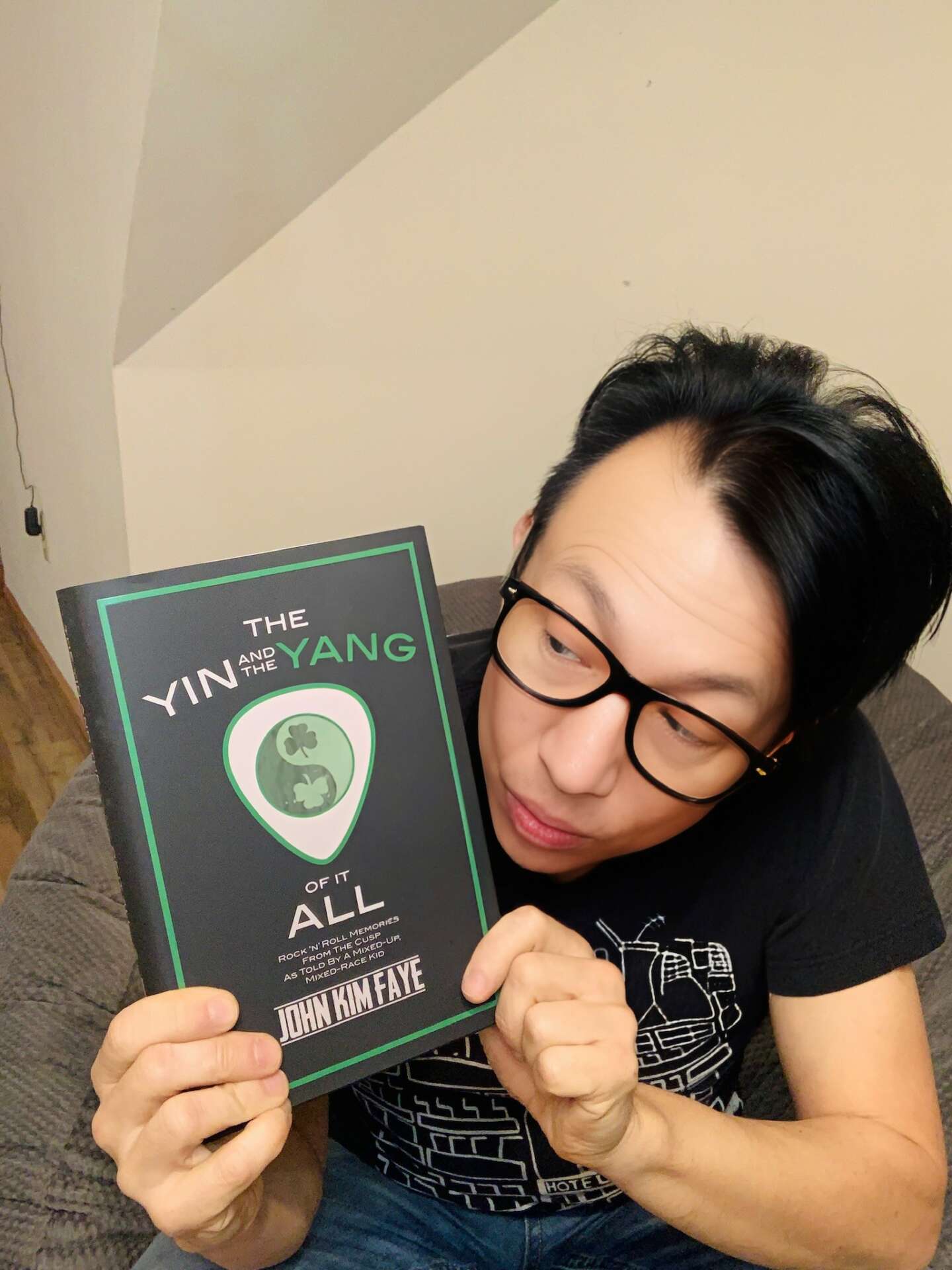
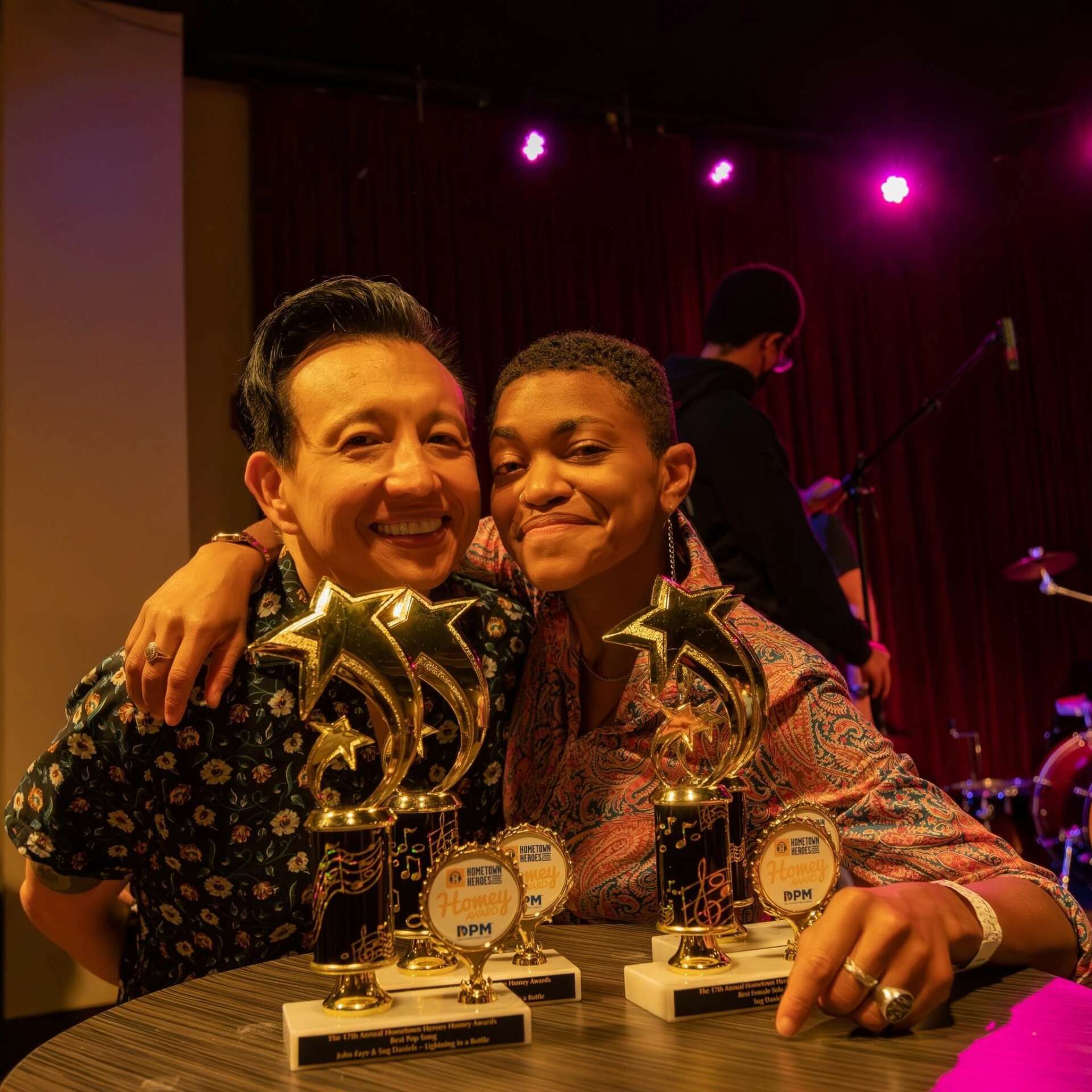
As always, we appreciate you sharing your insights and we’ve got a few more questions for you, but before we get to all of that can you take a minute to introduce yourself and give our readers some of your back background and context?
If I had to describe what I do, it’s a bit of a laundry list: Musician / Songwriter / Author / Educator / Speaker / Producer
I’ve had a prolific music career as the voice of The Caulfields, IKE, John & Brittany, John Faye Power Trip, and my solo work. As a musician of Korean-Irish descent, I was one of the only mixed-race Asian Americans to sign a major label recording contract in the 90’s heyday of alternative rock.
As the lead singer and songwriter for The Caulfields, I released two albums on A&M Records, had a modern rock radio hit in the US and Australia (“Devil’s Diary”), had song placements in major films and television shows through a publishing deal with Warner-Chappell, and toured nationally and internationally. I taught songwriting at Drexel University from 2005-2021, and have mentored thousands of aspiring musicians throughout my career.
My memoir, “The Yin and Yang of it All: Rock ’n’ Roll Memories from the Cusp, as told by a Mixed-Up, Mixed-Race Kid,” published in 2023 by Advantage/Forbes, is an Amazon #1 Best Seller. To me, it’s not a typical musician’s bio, because my entry point and my journey lives in a very unique space. As it says in the title, I’ve existed on the cusps of identity, race, and fame, and my perspective on those things is likely very different from what people might be used to.
I believe very deeply in community and I am active member of the Philadelphia tai-state music scene, both as a performer and a supporter. I have won over ten Hometown Heroes Homey Awards (a regional music awards program sponsored by Delaware Public Media / NPR), including multiple album and song of the year accolades. In 2023, I received the Homey Award for Artist of the Year. I have shared stages with over 60 national acts, including Rock and Roll Hall of Fame inductees REM, Bon Jovi, Bo Diddley, and the Ramones.
I was honored as a 2023 inductee into the Tatnall School Hall of Fame for achievement in the arts.
My primary goal in 2024 is to serve as a motivator, and hopefully an inspiration, to young musicians of any background but especially those from minority backgrounds. Mine is the story of a kid who felt invisible and silenced but found his voice in rock and roll and forged a life doing the thing he loves the most.
I have been sharing my journey through adapting the book into a “songs and stories” show – think “Springsteen On Broadway” meets a Ted Talk – and I have been performing in this format at schools, conferences, diversity spaces, and traditional music venues. I’m seeking as many opportunities to connect with people and organizations interested in amplifying my message.
In addition to continuing to create (I have a new album coming out this year), I am also very focussed on producing artists, both established and up-and-coming, with special emphasis on helping artists find their voice as songwriters and helping them achieve their artistic vision.
I’m in the fairly unique position of having seen the music business from every angle imaginable – from being on a major label, to returning to being independent, to pivoting into becoming an educator, and eventually sharing the entire arc of my journey in my book. I’m most proud of the fact that I’m still here and still as hungry to do great work, even after three decades in the music business.
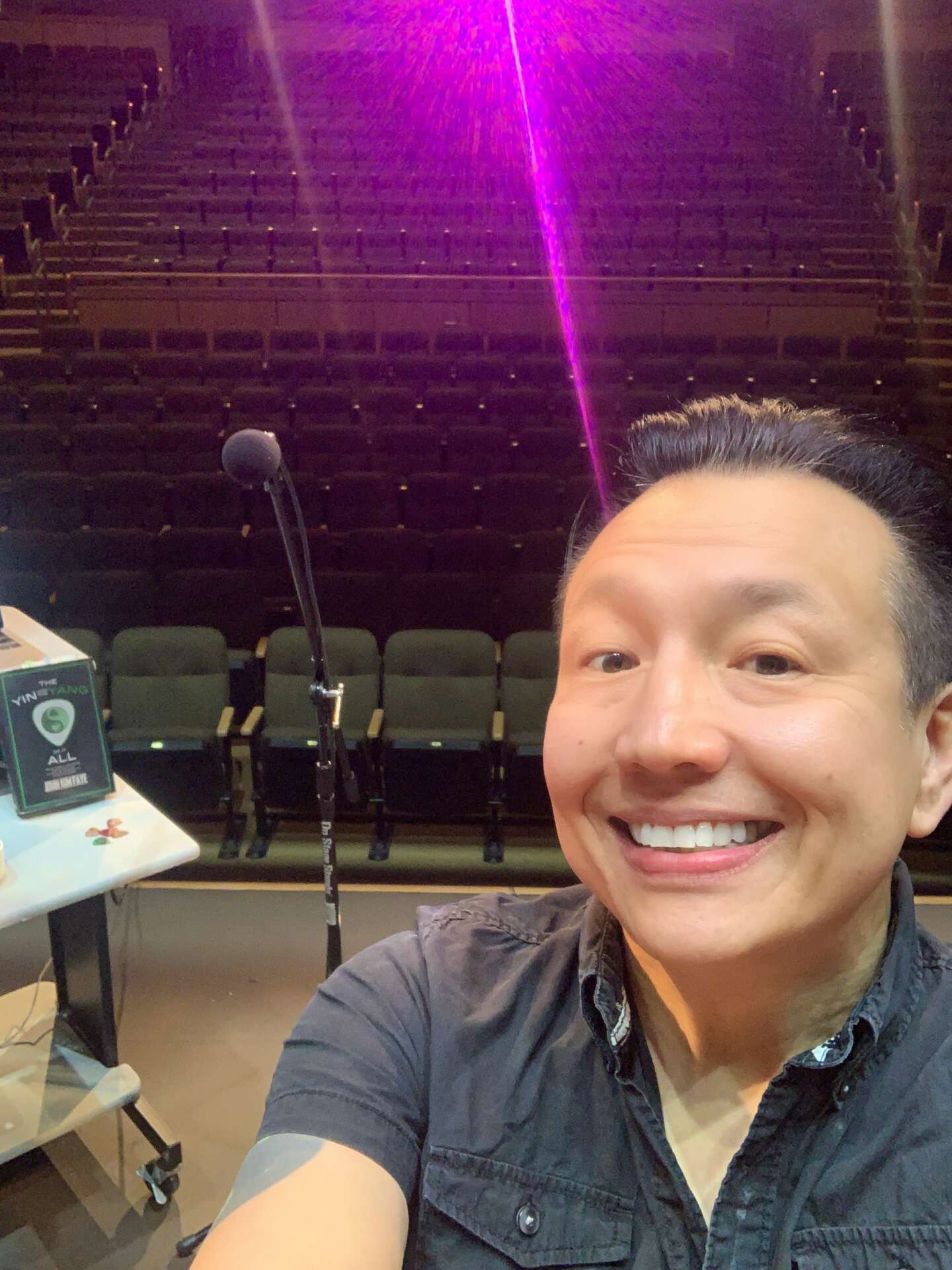
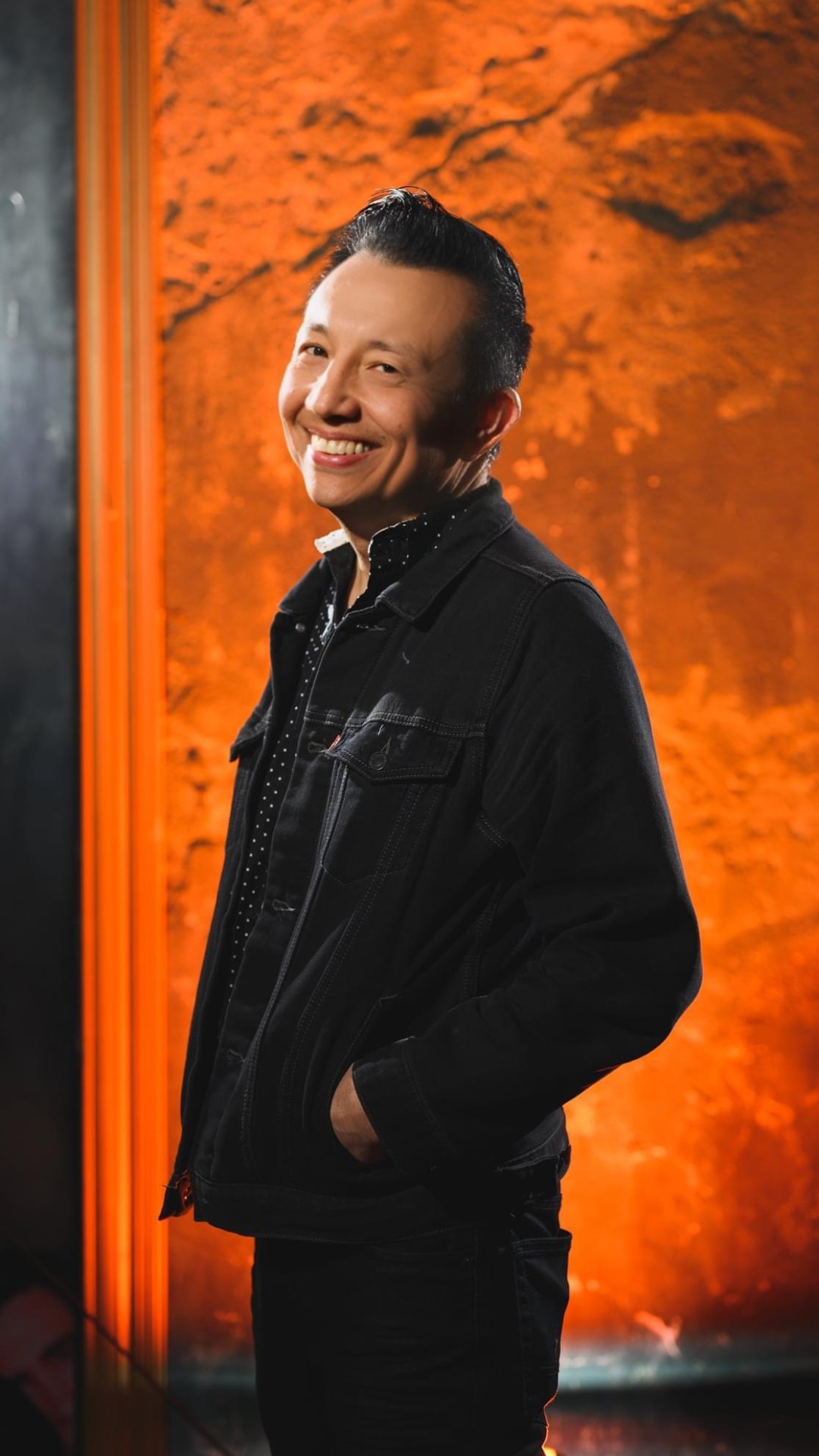
Let’s talk about resilience next – do you have a story you can share with us?
This is a combination of excerpts from my memoir, basically talking about the period just after my major label contract was ending and I was standing at the crossroads of whether or not to keep going.
“I had been compelled to start over many times already, but given the alternative, what else are you going to do? Your father dies—you start over. Your mother pulls you out of public school and sends you to private school—you start over. You graduate and go off to college—you start over. You form a band, some people stay, some people go—you start over and over.
After a decade of dedication to music, you’re given a real shot at the brass ring, and it’s within reach, and you can see it and almost touch it and almost taste it, and you’re rubbing elbows with those who have it, and those who can help you get it, and you’re finally there on the brink of the ultimate fulfillment of childhood wishes that are just pipe dreams for 99.9 percent of the people who harbor such fantasies. And then, it doesn’t happen the way you dreamed it.
The Caulfields had once eaten an expensive dinner with Apollonia Kotero. Yes, Apollonia of Apollonia 6 from “Purple Rain.” .. I never forgot her parting words:
“Remember, fellas, there’s plenty of room at the top for all of us.”
I wanted very badly to believe that. I had stood at the crossroads many times and had always moved in the direction my dreams led me. But was dreaming still free?
.. After all, what business did a mixed-up, mixed-race kid have in the world of rock ’n’ roll? .. I had as much damn business as anybody else, whether I sold a million records or not.
We all have our own personal connection with music. Some like to say it’s the soundtrack of our lives, a rich playlist full of unique associations and attachments. My love affair with rock ’n’ roll is probably the longest-running relationship I will ever have. From my earliest recollections, it’s always been there, sometimes nudging, sometimes shoving me along the path that would one day lead me to my capital-V Voice. It’s the voice that projects the me I want to see in the world, with the hope that it connects with someone who also needs to know they’re not alone. Everything I ever wanted out of music and life stems from the potential of forming this bond.
.. It took me a while to realize I didn’t have to be a household name to feel that connection. I spent so much of my young life existing in the margins of race and culture, trying to understand who I was, what I valued, and what my own “value could be.
.. What I finally figured out was that the definition of success was up to me.”
Excerpts From: John Kim Faye. “The Yin and the Yang of It All.” Apple Books.
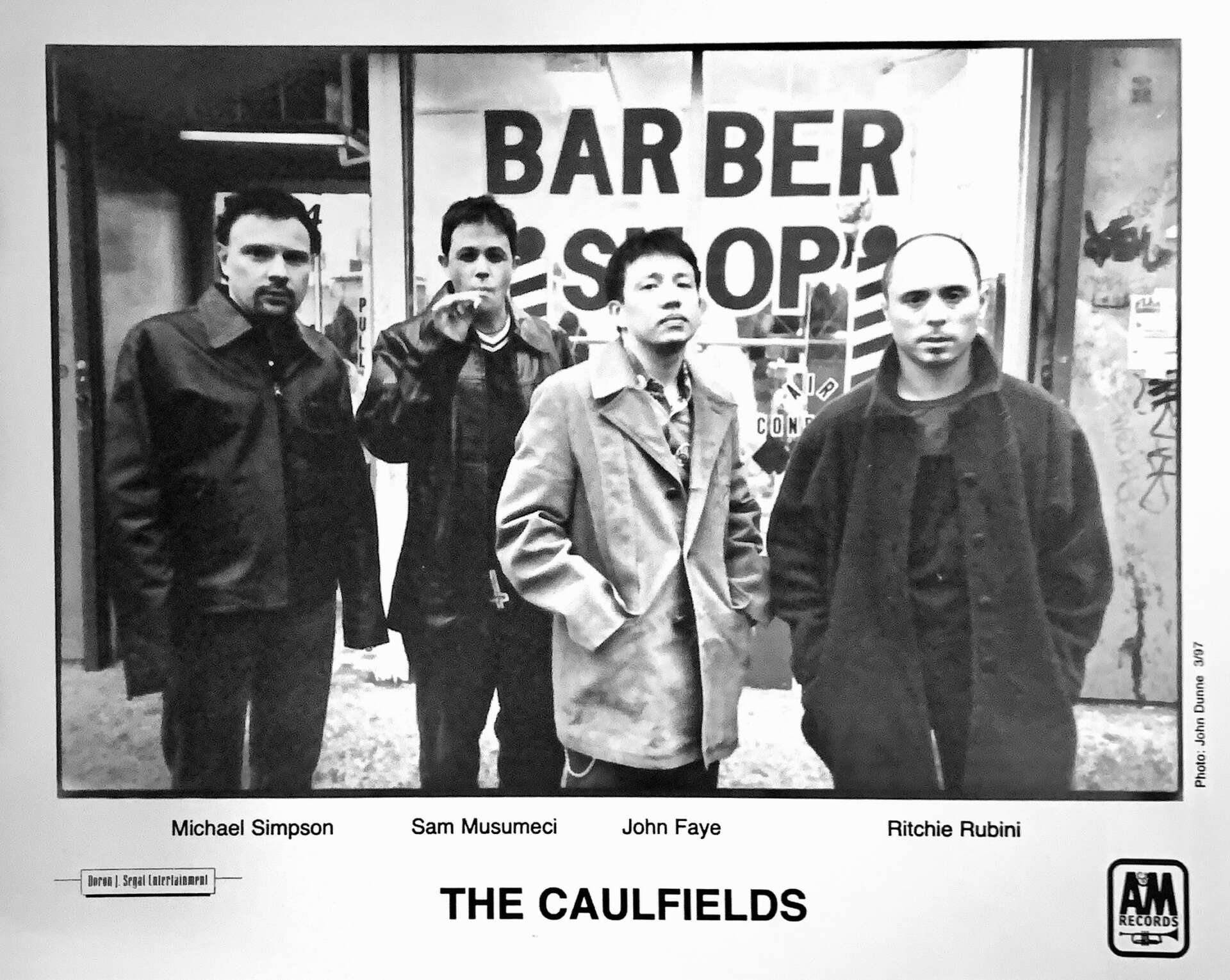
What can society do to ensure an environment that’s helpful to artists and creatives?
OK, this is a very complicated question, and it’s a bit of a minefield, because in my opinion there’s an argument to be made that society – mainstream society anyway – is what most artists (at least the ones that resonate with me) are commenting on or railing against. Look at the trend of defunding music and art programs in public schools over the past couple decades. Look at the mediocrity that society often elevates to the top tiers of everything from entertainment to politics. I don’t know that society as a whole has any real interest in actively supporting what we do in a way that would make it easier, but maybe that’s the reason the term “suffer for your art” exists!
If individuals in society want to help creatives, I’d encourage as many people as possible to join artist communities on Patreon and other such platforms, where they know that they are directly funding someone’s creative existence in a meaningful way. While I’d love to see the general perception and the valuation of art change for the better, I think that the patron model is one of the only ways to help creatives do what they do full time. And even with that, everyone still has to hustle.
The problem in some ways is that artists have to spend such an inordinate amount of time hustling in areas that are adjacent to their art instead of focussing on the art itself. If you’re dedicating all your time to making TikToks begging people to help you go viral, how much time can you spend actually writing and producing new songs? That’s not a world I want to live in as an artist. I do my share of social media but not nearly to the level of many artists I know. It’s a balance we all have to navigate. I don’t like being at the mercy of an algorithm, and I’d really rather not play that game. Artists are busting their asses to persuade their followers to take an action – stream a song, for example – that will yield less than a penny of income if they follow through. If someone actually decides to pay for a song on Apple Music, you get 2/3 of .99. How is that sustainable? This is our society. How are you going to ask society to change that? It’s a great situation for the consumer, who has everything at their fingertips for basically nothing, and then you have the artists, underpaid and under appreciated except at the very, very top.
I do think there are serious conversations to be had among artists themselves about how to find a way to exist in a system that clearly undervalues what we do. I don’t have many answers but I think for me, it goes back to community, because if you find or create a support system that you can nurture, and in turn be nurtured back, that’s your best shot at sustaining a creative life.
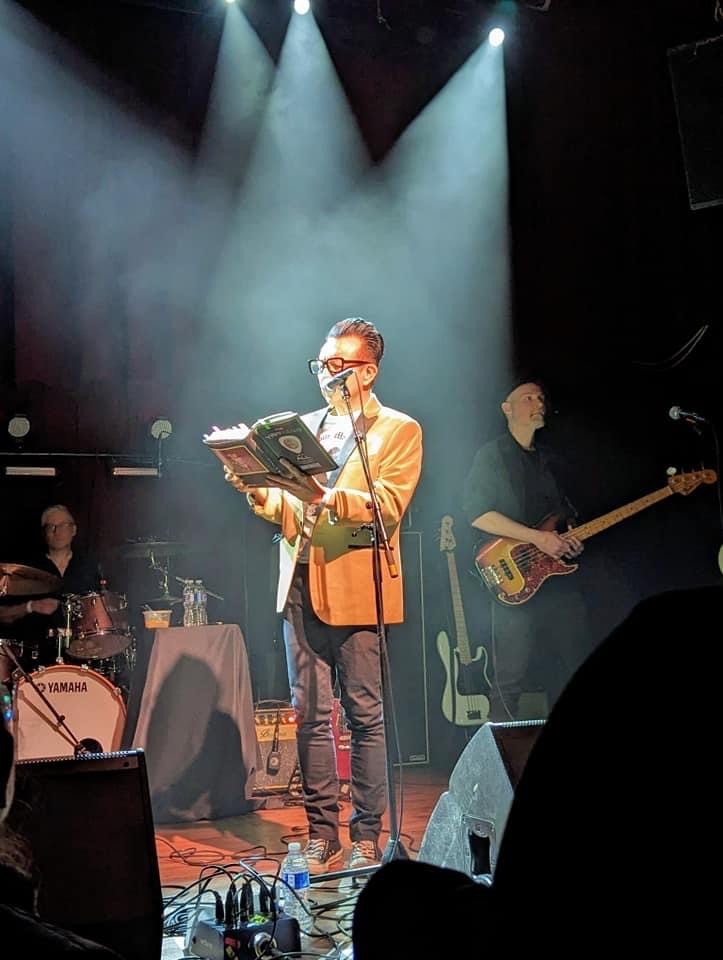
Contact Info:
- Website: https://johnfaye.com
- Instagram: https://instagram.com/johnkimfaye
- Facebook: https://facebook.com/johnfayemusic
- Linkedin: https://www.linkedin.com/in/johnkimfaye/
- Youtube: https://www.youtube.com/@JohnFaye
Image Credits
Randi Anderson Joe Del Tufo


